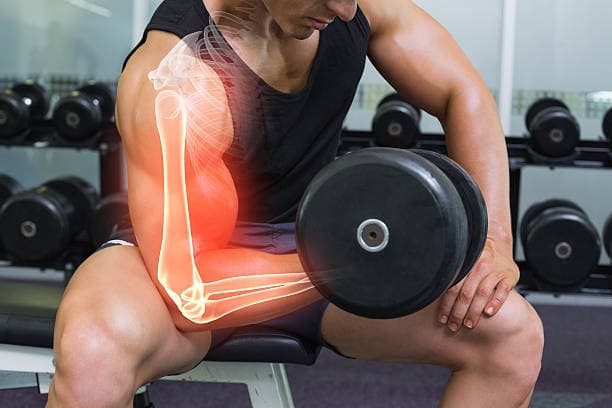How Exercise Can Impact Your Skeletal System

Disclaimer: The images used on this website are for illustrative purposes only. We do not claim ownership or have the rights to these images, and they are used under the doctrine of fair use or with the proper licenses whenever applicable. However, if you believe that any image used here violates copyright law, please contact us immediately, and we will take appropriate action to rectify the situation.
Bones are the structural foundation of our body, providing support and protection for vital organs. As well as storing minerals like calcium and phosphorus. As we age, our bones become more fragile, and bone-related issues like osteoporosis become more common. However, maintaining good bone health is possible with a combination of a healthy diet and regular exercise.
Physical activity has long been known to benefit the body in many ways. Including improving cardiovascular health, reducing the risk of chronic diseases, and increasing muscle strength. But did you know that exercise can also impact your skeletal system positively? Here's how:
Increased Bone Density:
Regular exercise, especially weight-bearing exercises like walking, jogging, or resistance training, can help stimulate bone growth, which leads to increased bone density. This is crucial in preventing conditions like osteoporosis, which occurs when bones become weak and brittle and are more prone to fractures.
Strengthened Muscles:
Strong muscles help support and protect bones, reducing the risk of fractures. Additionally, resistance training can help increase bone density by placing stress on the bones, which triggers bone growth.
Improved Balance:
Maintaining good balance is essential for preventing falls, especially in older adults. Exercise that focuses on balance and stability, such as yoga or tai chi, can help improve balance and reduce the risk of falls and fractures.
Reduced Inflammation:
Inflammation is a natural process that occurs when the body is injured or under stress. However, chronic inflammation can contribute to a range of health problems, including bone loss. Exercise has been shown to reduce inflammation levels in the body, which can have a positive impact on bone health.
Increased Vitamin D Levels:
Vitamin D is essential for bone health as it helps the body absorb calcium, a mineral that is vital for bone growth and strength. Regular exercise, especially outdoor activities like walking or running, can help increase vitamin D levels as the body produces vitamin D when exposed to sunlight.
